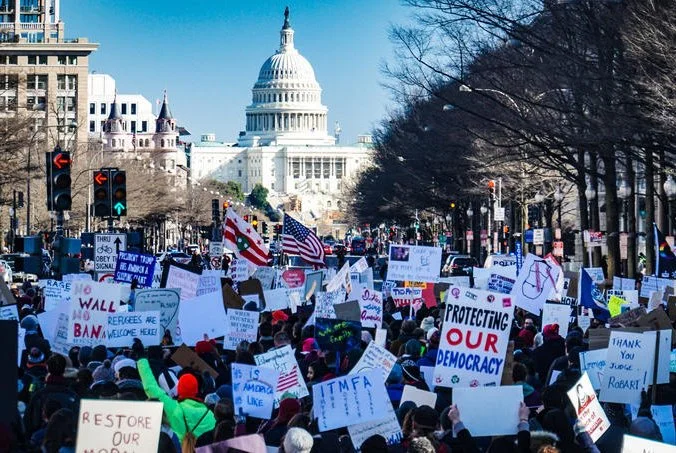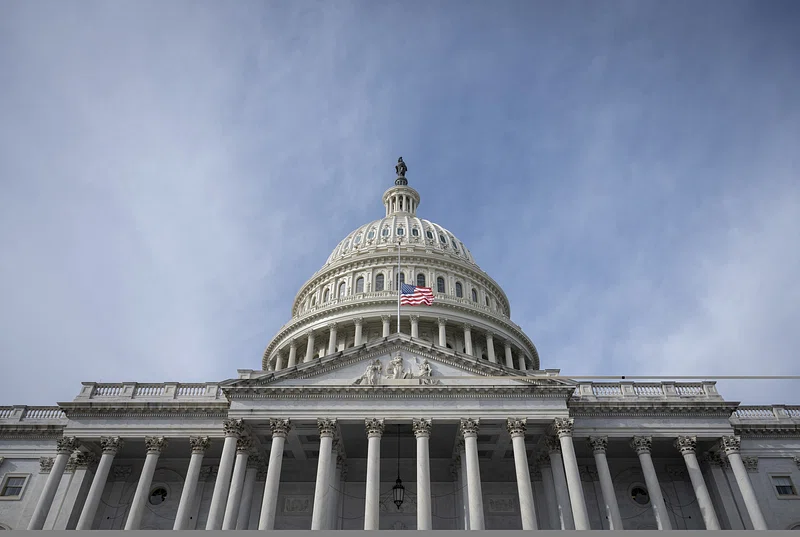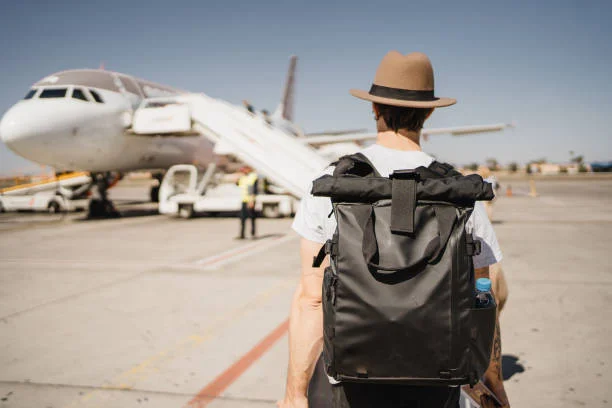Travel to the United States has long been one of the most popular destinations for various reasons, including its iconic cities, such as New York and San Francisco, and its world-famous national parks and its role as a global business hub. There will be 66.5 million international tourists in the U.S. in 2023.

Global concerns lead to a drop in tourism numbers
Travel analysts have drastically revised the travel forecasts for the year 2025. Experts once predicted that U.S. travel would grow by 9% this year, but now, they expect a decline of 5.5%, resulting in a drop in tourist spending of $18 billion.
What’s one of the most visible impacts? It has been reported that border crossings from Canada, which is the top source of international tourists, have plummeted by up to 45% in some entry points.

The U.S. tourism industry has warned that inbound travel spending in 2025 may be 10.9% lower than baseline projections, according to a recent report on the tourism industry.
There is a great deal of concern in this downturn since the hospitality sector continues to recover from the effects of the pandemic.
Why Do Tourists Cancel Trips to the U.S.?
Several factors are affecting U.S.-bound tourism:
- Tensions over trade: New tariffs have triggered retaliatory actions. Canadian airlines cut routes to American cities after the U.S. announced 25% tariffs on Canadian goods.
- There was a 36% drop in the number of Canadians canceling trips to the U.S. in March 2025, according to a study. The number of bookings on Canada-U.S. flights is down 70% from 2024.
- A rise in anti-U.S. sentiment in Europe: Favorability ratings have dropped to their lowest since 2016. There are 53% of Brits, 56% of Germans, 63% of Swedes, and 74% of Danes who have unfavorable opinions about the EU.

Fear is being fuelled by stricter border enforcement
The fire has been fueled by several high-profile incidents. There was an alarming case of a British tourist who was detained for over ten days. A Canadian woman was held in crowded cells for 12 days while trying to renew her visa.
The UK, Germany, and Canada have updated their travel advisories to warn tourists about arrests. Tourism is being actively discouraged by the U.S.’s aggressive border security and immigration policies.
Decline Doesn’t Just Affect Europe or Canada
There’s a decline in U.S. travel to Mexico, too. The number of flights from Mexico dropped by 6% in February 2025. Furthermore, several European countries, including France, Germany, Norway, and Denmark, have issued specific advisories for transgender and non-binary travelers, citing new U.S. visa policies.

Tourists Go Where Else?
Travel to other countries is booming as U.S. travel drops:
- Bermuda has experienced an influx of Canadian tourists, and hotels are forecasting a 20% increase in revenue as a result.
- Canadian summer reservations are up 32% in European cities.
- The millennial generation is choosing destinations that offer better value, a friendlier welcome, and fewer visa hassles. Due to the strong dollar and high travel costs, alternative countries are also more appealing.
Global Events Could Be Affected
U.S.-hosted international events are also at risk:
-
- There could be visa delays at the 2026 FIFA World Cup, which will be co-hosted by the U.S., Canada, and Mexico. Some people can take up to 700 days to get a visa.
- With rising global tensions and the U.S.’s current entry policies, the International Olympic Committee is concerned about the 2028 Los Angeles Olympics.

How likely is it that U.S. tourism will rebound?
-
- It looks like the road to recovery is steep. Airlines are already cutting flights or reducing frequency due to “softness in travel spending.” Industry leaders warn that if this trend continues, hundreds of thousands of jobs could be affected.
- Due to delays, detentions, and political backlash, the U.S. isn’t as appealing as it used to be. Although these challenges may eventually go away, rebuilding international confidence will take time.
- For now, more tourists are saying goodbye to the U.S. and heading to places that feel safer, friendlier, and more affordable.
